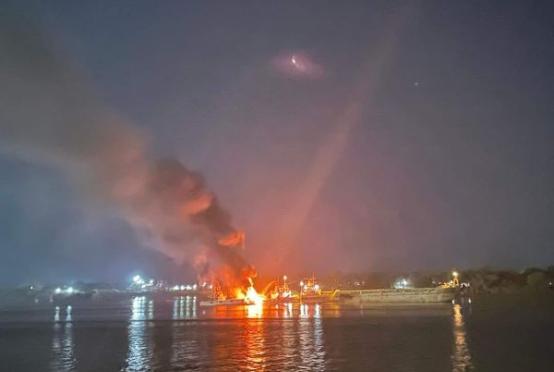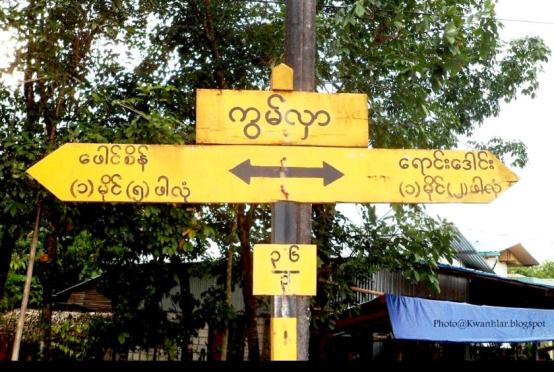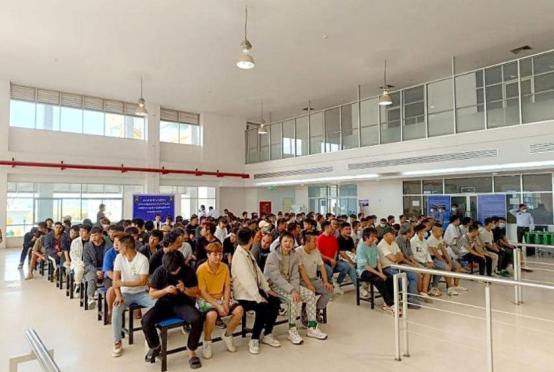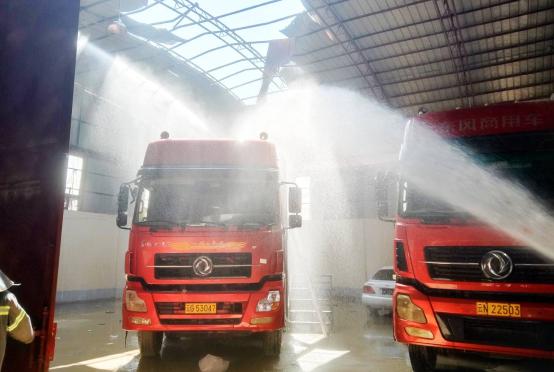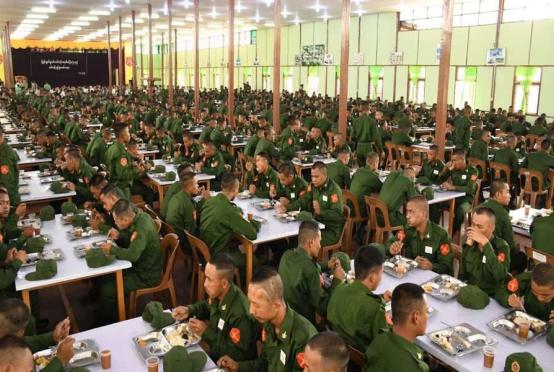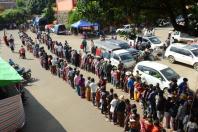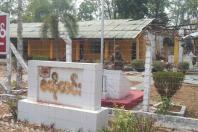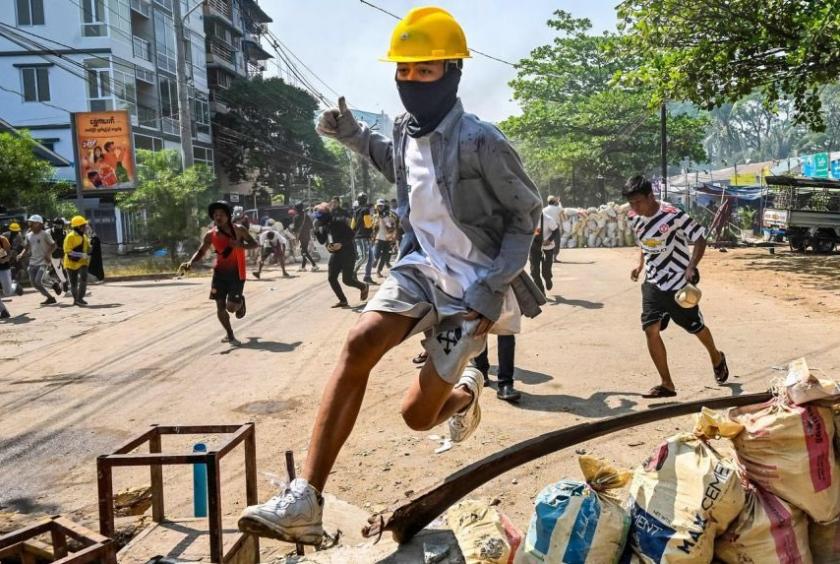
BANGKOK, Oct 9 (The Straits Times/ANN):
Khayan is a largely rural township in Myanmar near Yangon city. Like much of the rest of the country, it is on an edge.
An army captain was killed there in August in a drive-by shooting. Similarly gunned down was a military-appointed village administrator who once ran for election as a member of the military proxy, Union Solidarity and Development Party.
On Sunday (Oct 3), the local armed group resisting military rule demanded that all military-appointed administrators in Khayan resign within 15 days.
"Your survival depends on your decision," it warned in a message uploaded online. About one-third of these officials quit three days later.
Eight months after the military seized power from a civilian government, Myanmar has plunged into an asymmetric war.
On one side are autonomous guerrilla groups that - by default or design - focus on threatening or assassinating alleged military collaborators, as well as bombing military-linked facilities and convoys. They aim to dismantle civilian pillars of the regime and pressure soldiers and police officers to defect.
On the other side is the Myanmar military, which has unleashed scorched-earth measures on communities most resistant to its rule. In eastern Demoso township, retreating soldiers reportedly littered a village with landmines, including at the front gates of homes. When security forces cannot locate the target of their raids, they simply detain his or her relatives, even if they are children or the elderly.
The toll is rapidly climbing, with no end in sight. The United Nations refugee agency estimates that 215,000 people have fled their homes since the military takeover. Another 22,000 have crossed into neighbouring countries, including 15,000 in India.
The ruling military has killed 1,160 people and imprisoned more than 7,000 since the military takeover, reports the Assistance Association for Political Prisoners.
Military-controlled media - usually eager to project normality in Myanmar - this week disclosed figures that showed that there is anything but. From Feb 1 to Sept 27, 406 alleged junta informers were killed and another 285 injured, reported Myanmar Alinn Daily. More than 2,400 bomb attacks have been conducted nationwide.
On Myanmar social media, people respond to news of these assassinations with comments like: "He should have died earlier."
The ruling military blames these attacks on the National Unity Government (NUG), an entity comprising ousted lawmakers and their allies that is competing with it for international recognition.
The more complicated reality is that the NUG, despite having declared a "people's defensive war" on Sept 7, does not have effective command and control over many of these resistance groups.
By its own admission, the NUG is struggling to get these relatively poorly trained "people's defensive forces" to abide by its code of conduct.
NUG human rights minister Aung Myo Min told The Straits Times in an interview last month that military informers should be accorded due process.
"There should be strong evidence and a process of giving warnings for them to stop. They should not be brutalised in a way that the military does (to its targets)," he said. But "it's still very challenging and difficult to make everyone apply our recommended code of conduct".
The NUG says 768 military troops were killed in September alone. The regime has mobilised army veterans in order to keep up with this multi-fronted war.
As Asean mulls over excluding intransigent ruling military chief Min Aung Hlaing from its upcoming summit, conditions on the ground risk spiralling out of control.
Erstwhile peaceful activists, having abandoned hope of meaningful international intervention, see guerrilla warfare as the only way out. But the political road map hereafter looks foggy.
"You have more and more arms available to the population. People are extremely angry and frustrated. They have gone underground and they are using those arms in whatever way they can," observed Jason Tower, country director for the United States Institute of Peace.
"The further we go with some of these trends, the more difficult it's going to be to pull all these back together to anything that makes any form of sense." - The Straits Times/ANN

